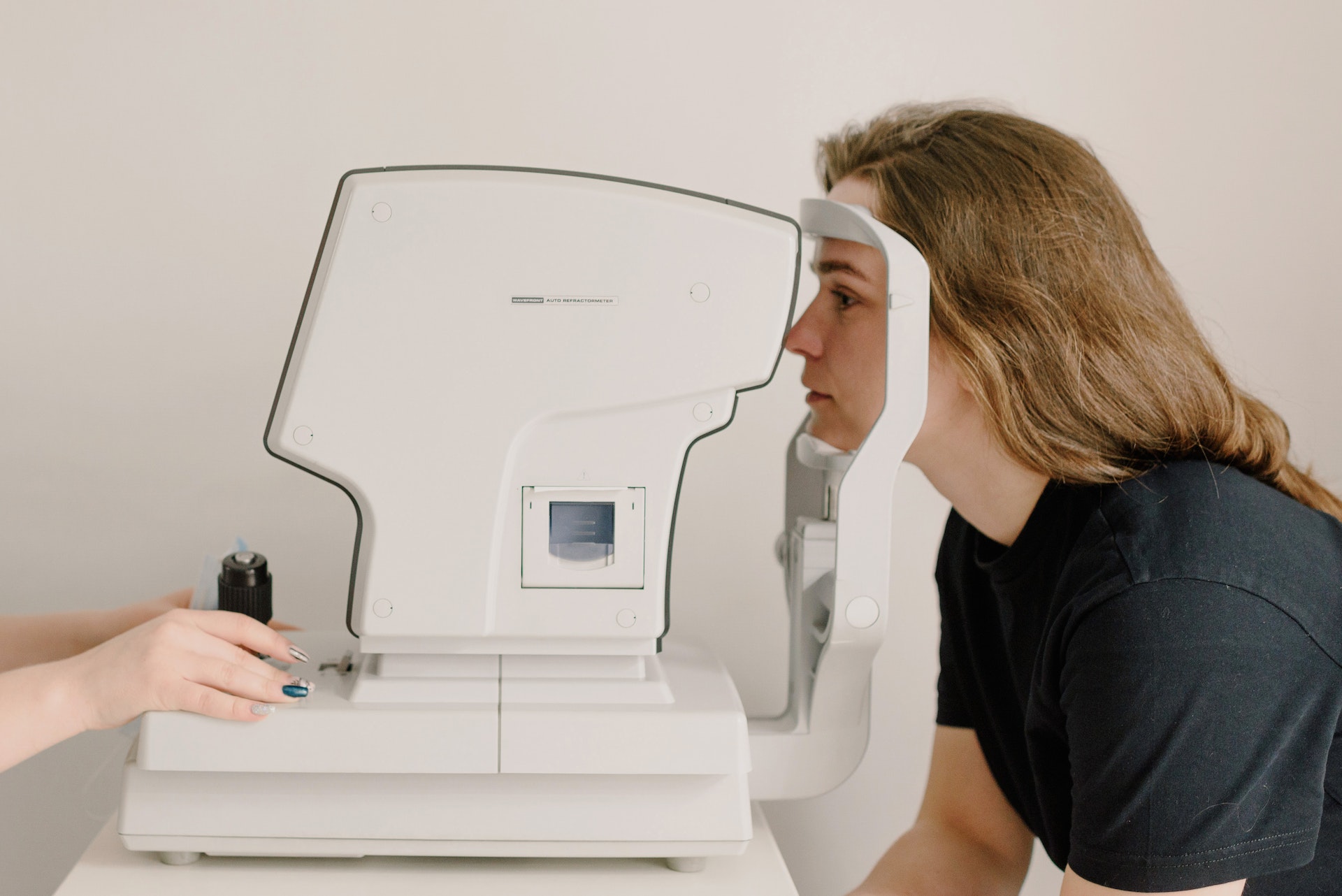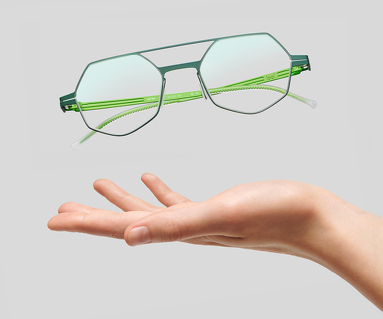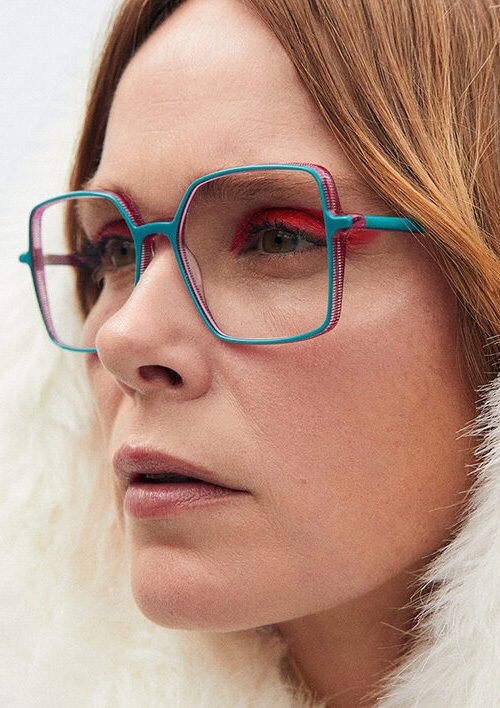
Greetings to all the fantastic individuals aged 45 and beyond! If you’ve started noticing that small print isn’t as clear as it used to be or find yourself juggling multiple pairs of glasses just to get through the day, fret not. We’re here to delve into the changes in your vision that accompany ageing, including the notorious presbyopia, and provide you with tips on maintaining youthful and agile eyes. Welcome to your comprehensive guide to defying the effects of ageing on your vision.
Presbyopia is the natural ageing process that causes the eye’s lens to stiffen, making it challenging to focus on close-up objects. It’s the reason why reading a menu or your phone might make your arms seem too short.
As you age, the proteins in your eye’s lens lose their elasticity. Think of the lens as a camera aperture that adapts for near and far objects. Over time, this aperture becomes less flexible, affecting your ability to focus on close-up items.
An ounce of prevention is worth a pound of cure. Regular eye exams can not only diagnose presbyopia but also detect other age-related eye conditions like glaucoma and macular degeneration.
Antioxidant-rich foods like those high in Vitamin C and E, along with minerals like Zinc, can help slow down age-related eye changes. Don’t forget to include foods rich in Omega-3 fatty acids to combat dry eyes.
The blue light emitted from screens can strain your eyes and exacerbate age-related issues. Consider blue-light filtering glasses and follow the 20-20-20 rule: every 20 minutes, look at something 20 feet away for 20 seconds.
Modern optometry offers advanced options for treating presbyopia, from corneal inlays to lens replacement surgeries. These options are usually considered when traditional eyewear no longer meets your needs.
Aging may be a natural part of life, but the decline in your vision doesn’t have to be. With proactive care, the right lens solutions, and adjustments to your lifestyle, you can ensure many more years of clear, comfortable vision.
Ready to embark on your journey to age-defying vision? Contact us for a personalised eye care plan designed just for you.
Contact Info
Copyright 2023 All rights reserved by Ashworth Opticians.

Fill out the form below to request a callback from a member of our team.

